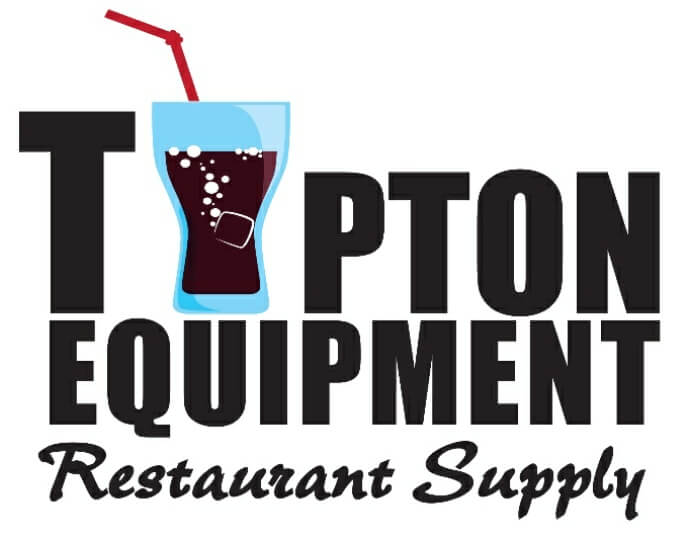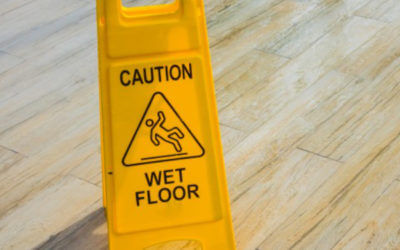5 Things Every Restaurant Owner Should Do Before Buying Used Kitchen Equipment
February 20, 2018Equipping your restaurant properly can cost a lot of money, so buying used kitchen equipment is the go-to choice for many restaurateurs.
Tipton Equipment can help you find used and refurbished restaurant equipment to fit your needs and your budget. Click here to learn more.
So what do you need to know about buying used kitchen equipment? Let’s take a look.
1. Check for Cleanliness
Before buying any used kitchen equipment, thoroughly inspect the unit to make sure it is clean. That means opening it up (if possible), running a cleaning cloth over commonly dirty areas, and checking all of the trouble areas, such as corners. Also, ask the company or person you are buying from what kind of cleaning schedule the equipment had when in service.
Don’t take anyone’s word as golden when it comes to the cleanliness of equipment once it is purchased. Clean any used kitchen equipment you buy thoroughly.
2. Keep It Simple
As a rule, you should look for simpler equipment when purchasing used. You don’t know how much use the equipment has seen, and the more parts it has, the more likely it is that something will break. Consider choosing gas over electric devices, as gas-powered equipment tends to have fewer parts.
3. Think about Part Availability
Getting such good prices on used kitchen equipment may sometimes feel like a steal. However, be aware that one of the reasons people sell for very low prices is due to a lack of part availability. If parts aren’t readily available, you might end up spending so much on parts that you negate any good deal you received. Worse yet, if your used kitchen equipment breaks down and you can’t find parts, you’ll be left with the greater task and cost of replacing it instead of repairing it.
4. Research the Equipment
An important step in buying used kitchen equipment is research. Check the reputation of the brand, as well as user reviews of the equipment model. Particularly important for used kitchen equipment is to carefully check that it has all the features you need. Older models may not have all the features you have come to expect and rely upon in your kitchen. Diligent research will ensure that you get exactly what you need, and for a good price.
5. Inquire about the Used Kitchen Equipment’s History
To help ensure you get kitchen equipment that will last, check with the party selling the unit to find out its history. How many owners has it had? Some used kitchen equipment has had as many as 4 or 5 owners. Depending on the unit, it might still be going strong. Or it might be ready for retirement. Ask if the unit was serviced regularly, and if it had any problems during its life. Consider all of this information carefully.
In addition to doing your research, you should view the equipment in person before buying, whenever possible. Test it if you can, and inspect it for any signs of wear or damage. If all signs point to the fact that you’re looking at a great piece used kitchen equipment, you will likely have saved a substantial amount of money and invested in equipment that gets the job done, and gets it done well.
Be Proactive: Assess and Address Risks in Your Restaurant
As a restaurant owner or manager, you have a lot on your mind. You want employees to show up on time and ready to give great service. You want your food to be well-stocked, high quality, and ready to use. You need cooks to be attentive and customers to be clear in...
How to Reduce Noise From Restaurant Equipment and More
Having a popular restaurant is wonderful. You have a lot of guests, tables turn over quickly, and you and your employees make a lot of good money every night. However, sometimes popular spots can get low ratings for a simple reason – they’re too loud! It’s not an...
Foodservice Equipment Gone Wrong: When the POS Crashes
The point of sale (POS) system that you have helps you keep your restaurant running smoothly. It helps you track inventory, sales, and revenue. It allows your staff to create checks, swipe cards, and keep tables turning. The POS is a lifesaver – until it isn’t. Maybe...



